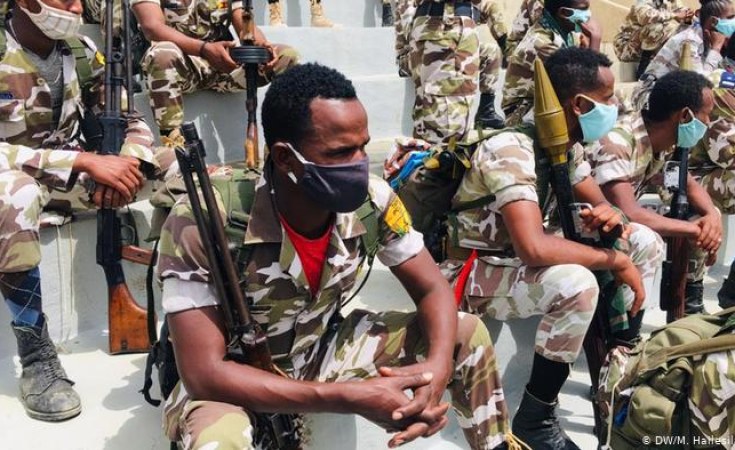Addis Abeba — The National Dialogue Commission has reported that the ongoing militarized conflict in the Amhara region and unresolved "preliminary issues" in Tigray have posed significant challenges to its operations.
Tibebu Tadesse, spokesperson for the National Dialogue Commission, told Addis Standard that their activities have been constrained in the Amhara region due to the ongoing conflict. "The Commission has attempted to engage with relevant stakeholders," he explained, but "prevailing conditions" have prevented training programs from being conducted in multiple districts.
Tibebu emphasized that dialogue processes require a stable environment for implementation. "Currently, there isn't complete peace," he noted, pointing out that this instability has hindered the identification of participating bodies and the execution of training activities in various locations.
The spokesperson also mentioned that their efforts to organize training programs for university instructors have been delayed, with activities not proceeding as scheduled.
Tibebu added that the National Dialogue Commission's council is currently discussing how to address areas in the Amhara region where armed conflicts persist, where participating bodies have not been identified, and where the dialogue process has not been properly implemented.
In Tigray, Tibebu reported that while attempts have been made to engage with the Tigray interim administration, progress remains dependent on certain conditions. "The interim administration has identified certain preliminary issues that need to be addressed for a more effective regional dialogue process. We await the resolution of these matters before proceeding," he said.
This announcement comes months after the Commission expressed readiness to begin agenda gathering in the Amhara and Tigray regions, contingent on improvements in security. The Commission had previously planned to conclude agenda gathering by 30 September 2024.
The Commission has faced opposition from major political parties and religious institutions, which have raised concerns about inadequate representation in the dialogue process.
The Center for Advancement of Rights and Democracy (CARD) previously issued a petition calling for more transparency and inclusivity in Ethiopia's national dialogue. The petition highlighted issues such as the lack of plans to include armed groups from conflict-affected regions, insufficient safeguards against government influence, and inadequate representation of major religious institutions.


